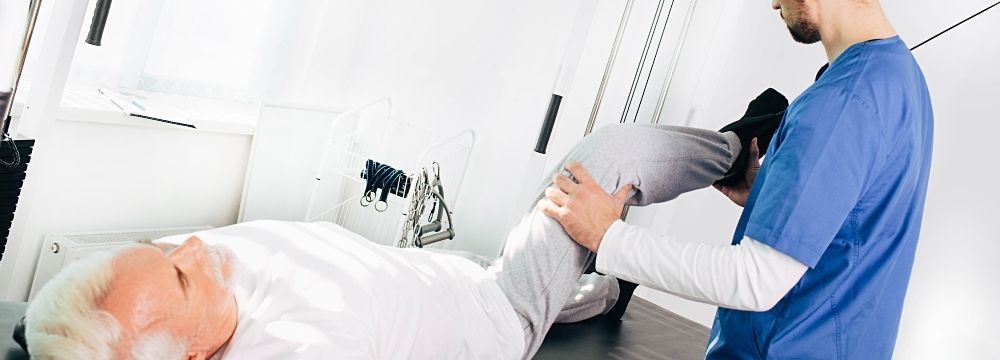Making the Most of Your Downtime After a Joint Replacement

If you were particularly active but are now hobbled by joint issues, the several weeks you need to recover from a joint replacement may be frustrating and driving you out of your mind! Your orthopedic surgeon has already told you that this recovery time is significant for the long-term health of your new joint and longevity. Even so, you may want to accelerate the recovery process. A wrong move could end in further injury. While you should always follow your surgeon’s postoperative instructions, there are a few ways to speed up your recovery and get back to your regular activity faster.
Speak to Your Physical Therapist and Surgeon
You will have a defined physical therapy program to strengthen the muscles and take pressure off your new joint. However, your PT sessions will likely be an hour each and twice to three times per week. Speak to your physical therapist about exercises you can do at home between sessions that will strengthen the muscles without overdoing it and causing strain on the joint.
Stay Hydrated
Hydration is the key to several health improvements in your life, and a dehydrated body does not perform optimally. By staying hydrated, you give your body the best opportunity to recover while warding off a host of potential health issues.
Eat Better
Most of us have room for improvement in our diet. Our bodies could stand to lose some pressure. Our joints will benefit. Remember that every pound of excess weight on our bodies translates to 4-6 pounds of extra strain on our joints. You can see how this excess weight quickly adds up to a shortened lifespan of your new joint.
Relax and Go With the Process
Being agitated or frustrated with the recovery process is not conducive to healing. Healing is as much a mindset as it is a physical endeavor. It’s incredible how much your mind can make a difference in the speed of your recovery. Plus, it never hurts to take some time for yourself.
Fortunately, most joint replacements give our patients a greater range of motion virtually immediately, followed by ever greater improvements as the body heals. In many cases, the wait is due to the incisions and not necessarily the bones. If you have been told you need a joint replacement but you are concerned about the recovery time necessary after surgery, we encourage you to contact our office and schedule a consultation with one of our orthopedic surgeons that can discuss what you should expect and how to make your recovery as quick and successful as possible.


 ES
ES